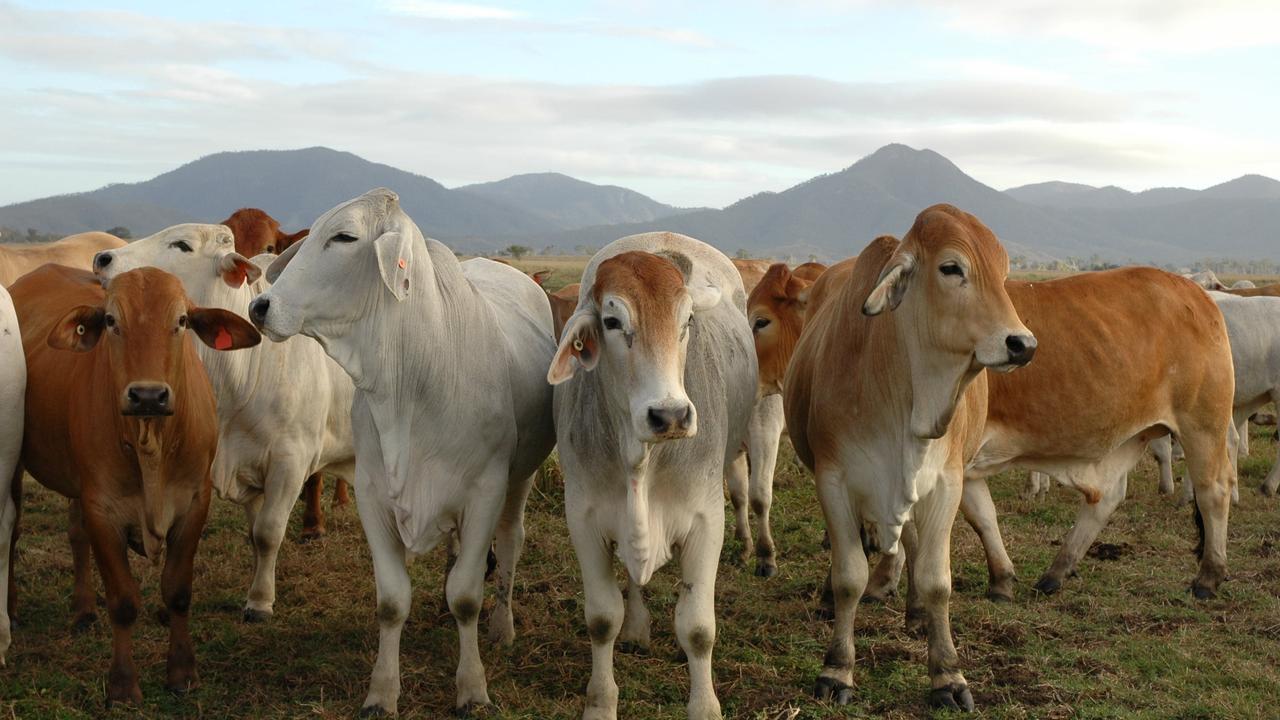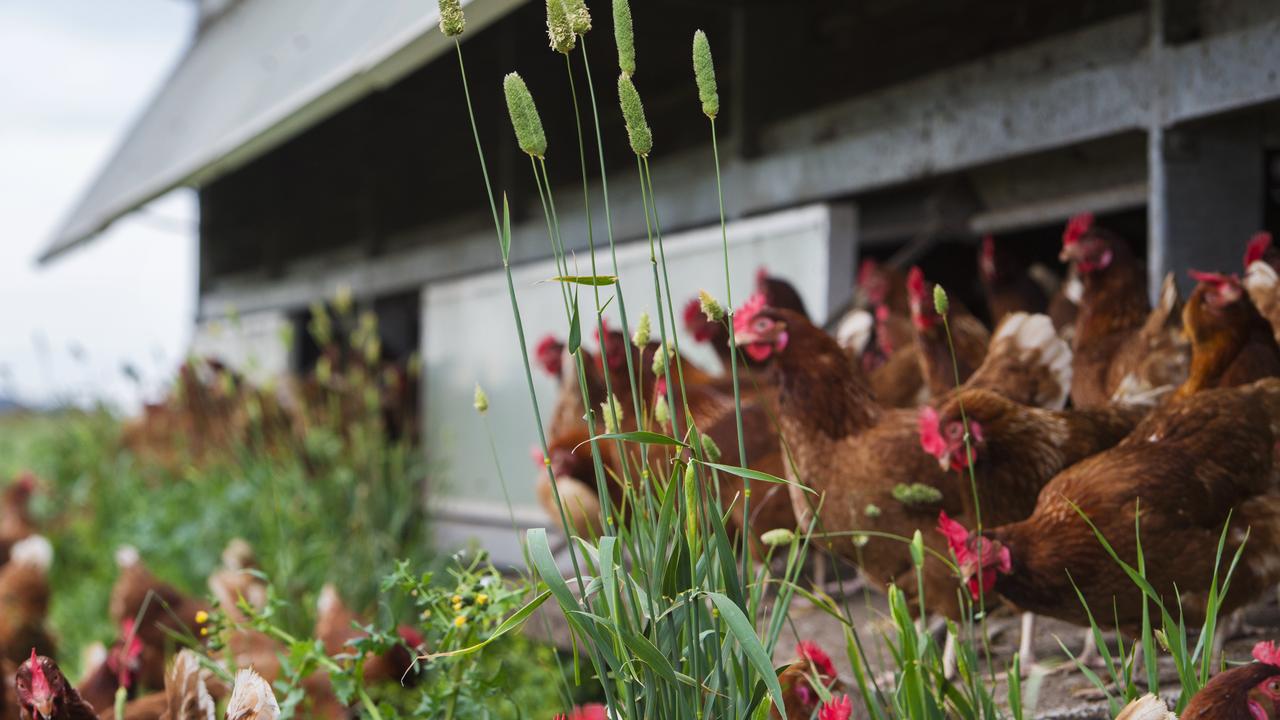Egg producers forced out: Crushed by high labour and feed costs
Egg farmers are going into receivership as supermarkets cap price increases and feed prices jump from $400 a tonne to $700/t.

Cracks are appearing in Australia’s egg industry as producers go into receivership and one of the nation’s largest players, Farm Pride, battles for survival.
Moorabool Valley Eggs, which owns the Happy Hens and Country Farm brands is under administration, as is Seasons Ranch Organic eggs, which is up for sale.
Surging labour and feed costs are crushing Farm Pride, slashing its net tangible asset backing from 39.14 cents a share at the end of 2021 to just 3.5 cents a share.
Farm Pride’s half-year financials show labour costs have surged 16 per cent in 12 months, while raw materials and consumables are up 5 per cent, which has led to a $7.4 million loss on revenue of $38.2 million.
Farm Pride’s directors say they can keep the company viable, but conditions in the egg industry mean “there exists uncertainty that could cast doubt on the ability of the group to continue as a going concern and therefore whether it will be able to raise the assets and extinguish its liabilities in the normal course of business”.
As at December 31, Farm Pride’s current assets of $24.5 million were exceeded by current liabilities of $25.8 million.
Australian Eggs managing director Rowan McMonnies said across the egg industry cost increases had not been tracked by price increases.
Egg Farmers Australia’s analysis shows the cost of started pullets rose from $10 in 2021 to $15 today, while finished hen rations have soared from $400 a tonne to $700/t over the same period.
A proposal to phase out caged hen farming over five years from 2031 is also putting pressure on producers, given free-range operations incur higher costs and increased disease and hen mortality.
Victorian Farmers Federation egg group vice president Tony Nesci said supermarkets “just keep you surviving so you can supply them eggs”.
“But if you don’t look after producers we’re not going to increase production,” he said.
Mr McMonnies said consumer demand was shifting to the more affordable protein, such as eggs, but retailers would have to lift prices “to encourage existing or new parties to come in and invest” and raise production.
As it stands egg producers are already delivering 18.5 million eggs a day to Australia consumers.
Werribee caged-hen farmer Brian Ahmed said he could not keep up with demand for his eggs.
“If people want cheap eggs, it’s cages, with less labour and less disease,” Mr Ahmed said.




